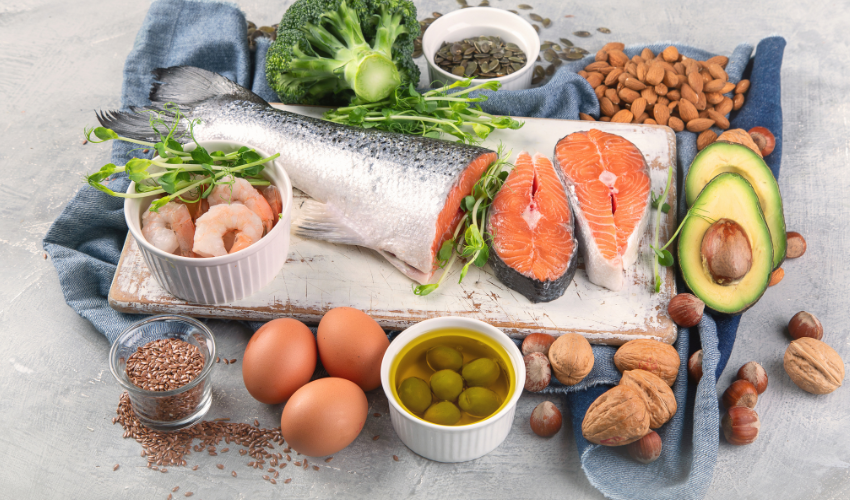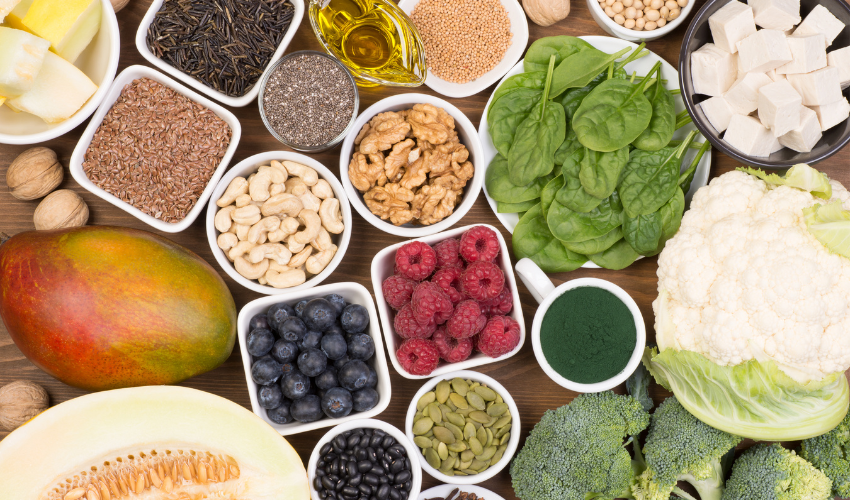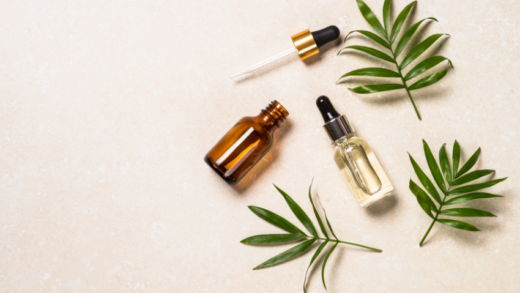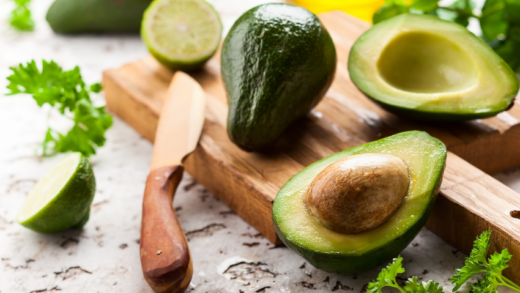When it comes to maintaining a healthy diet, essential fatty acids play a crucial role. They are essential for the proper functioning of the body and help prevent numerous health conditions such as heart disease, inflammation, and arthritis. Essential fatty acids cannot be produced by the body, which means we need to obtain them from our diet.
In this article, we will discuss the best foods with essential fatty acids that you should include in your daily diet. We will also provide tips on how to incorporate these foods into your meals, making healthy eating enjoyable and delicious.
Best Foods with Essential Fatty Acids:
- Salmon
Salmon is a great source of omega-3 fatty acids, which are essential for brain health and reducing inflammation in the body. - Flaxseeds
Flaxseeds are packed with omega-3 fatty acids and fiber, making them an excellent addition to smoothies, oatmeal, and salads. - Chia seeds
Like flaxseeds, chia seeds are also high in omega-3 fatty acids and can be added to smoothies, yogurt, or as an egg replacement in baking. - Walnuts
Walnuts are a good source of omega-3 fatty acids and can be enjoyed as a snack or added to salads. - Avocado
Avocado is a rich source of monounsaturated fatty acids that are beneficial for heart health. It can be used as a spread, added to salads or smoothies. - Sardines
Sardines are a good source of omega-3 fatty acids and can be enjoyed in salads, pasta, or on their own. - Tuna
Tuna is a rich source of omega-3 fatty acids and protein, making it a great addition to salads or sandwiches.

How to Incorporate Best Foods with Essential Fatty Acids into Your Diet:
- Add flaxseeds or chia seeds to your smoothie or yogurt for a healthy boost of omega-3 fatty acids.
- Enjoy a salmon or tuna salad for lunch.
- Snack on a handful of walnuts or almonds for a quick and healthy snack.
- Use avocado instead of mayonnaise in your sandwich or as a spread on toast.
- Add sardines to your pasta or salad for a boost of omega-3 fatty acids.
FAQs:
Can I get enough essential fatty acids from plant-based sources?
Yes, plant-based sources such as flaxseeds, chia seeds, and walnuts are rich in omega-3 fatty acids and can provide adequate amounts of essential fatty acids.
How much omega-3 fatty acids should I consume daily?
The American Heart Association recommends consuming at least two servings of fatty fish per week or taking a supplement containing at least 500 mg of EPA and DHA per day.
Are there any risks associated with consuming too much omega-3 fatty acids?
Consuming high amounts of omega-3 fatty acids can increase the risk of bleeding and interact with certain medications. It is important to speak with your healthcare provider before starting any supplements.
Can I cook with these foods without losing their nutritional value?
Cooking with these foods can affect their nutritional value, but baking or roasting salmon or adding nuts to salads are great ways to incorporate them into your meals while maintaining their nutritional value.
Are there any other benefits of consuming foods with essential fatty acids?
Yes, there are numerous benefits of consuming foods with essential fatty acids. These include reducing inflammation, improving brain function, supporting heart health, and reducing the risk of chronic diseases such as diabetes and arthritis.

Conclusion
Incorporating the best foods with essential fatty acids into your daily diet is a great way to maintain optimal health and prevent numerous health conditions. From salmon to chia seeds, these foods are not only nutritious but also delicious and easy to include in your meals. By adding these foods to your diet, you can enjoy the many health benefits they offer and make healthy eating enjoyable and satisfying.






















